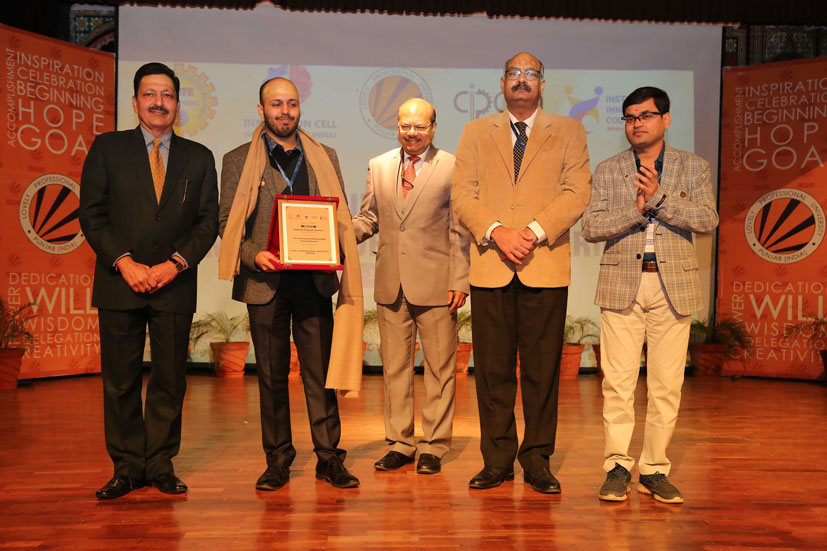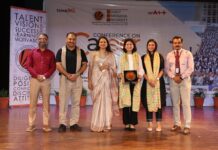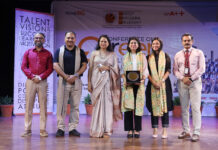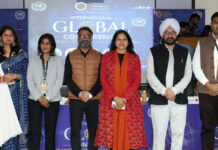Under the innovative initiatives of Ministry of Human Resource Development (MHRD Government of India), its Innovation Cell and Institution’s Innovation Council have commenced two-day ‘Innovation Ambassador Training Series’ at Shanti Devi Mittal Auditorium of LPU. The ‘Series’ is to mentor would-be mentors to boost up innovation, start-ups and entrepreneurship spirit among young students of the country. More than 25 ‘Innovation’ inspiring minds from all across India, including those from All India Council for Technical Education (AICTE); MHRD’s Innovation Cell; Institution’s Innovation Council (IIC); Creative India, many thriving start-ups are participating.
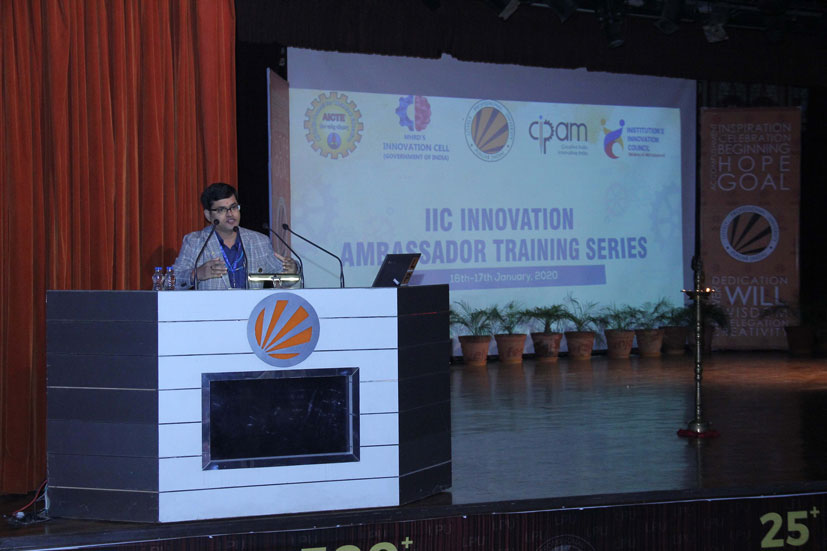
Apprising all about AICTE and MHRD’s policies and incentives thereupon and making the inaugural address, Executive Consultant and National Coordinator at IIC Dipan Sahu informed that innovative projects can be both technical and non-technical in nature. He shared three topics of his choice for the benefit of all: How Innovation can be in Non-Tech Sphere; Difference between Success & Failure; and, Sustainable Entrepreneurship.
Taking the example of Korean Language ‘Hangul’, Mr Sahu shared that with only 24 characters it is the best innovative language in the world, in non-tech terms. Simple to write, speak and understand, it has brought a 100% literacy to the country, and therefore supremacy in the technology arena too. Koreans easily understand the policies around and work in accordance with economic progress. For his second thought, he suggested an entrepreneur should celebrate failures on the way and learn from these instead of getting frustrated. These become the real yardsticks for reachings goal ultimately. In fact, failure becomes capital and the right investment for achieving success. Explaining his third preference about ‘Sustainable Entrepreneurship’ through a video-clip; he advised all mentors to guide trainees to utilize only needed resources and leave in maximum for the next-gen. Such entrepreneurial projects, thus, ought to be economically, environmentally and socially viable and useful.
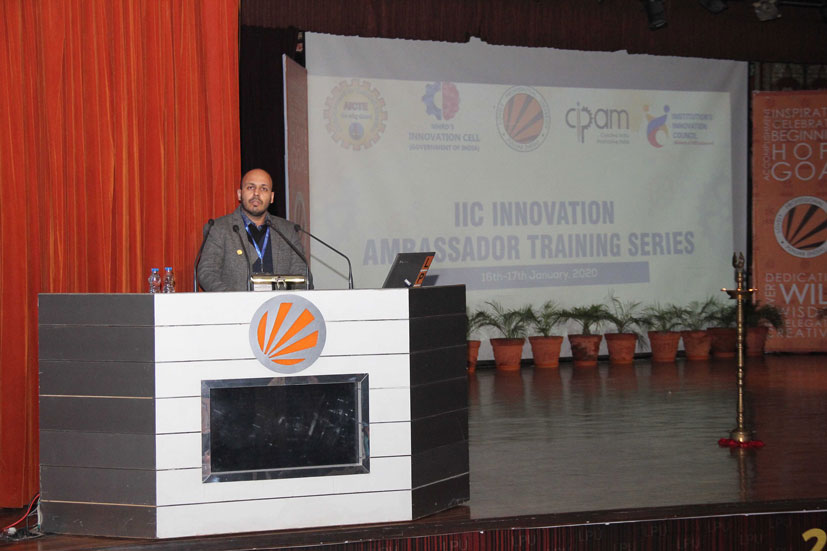
Informing about the target to train more than 6000 faculties to develop mentoring skills, Innovation Officer at MHRD Innovation Cell and IIC Regional Coordinator Ankush Prakash Sharma briefed about the training programmes during the ‘Series’. Prior to this welcoming the elite guests and participants, Executive Dean at LPU, Dr Lovi Raj Gupta inspired all by sharing, “innovations are never rocketed from somewhere else. One can also make a novel thinking only sitting in a small room, and further develops that idea into a brilliant one.” LPU Director General (Operations) Subhashish Mazumdar and Executive Dean Sanjay Modi honoured the elite guests.
The objective through this series is to drive innovation and start-up ecosystem at the campus while connecting with ecosystem enablers at the regional and national level. For this, the role of faculty being a member of IIC is very important to play as a mentor or guide young minds in their pursuit of innovation and entrepreneurship. It is equally crucial for mentors to have adequate mentoring skills. Thus, MHRD’s Innovation Cell aims to build mentorship capacity of IIC members through a series of training programs and designate the trained IIC members as “IIC – Innovation Ambassador”.
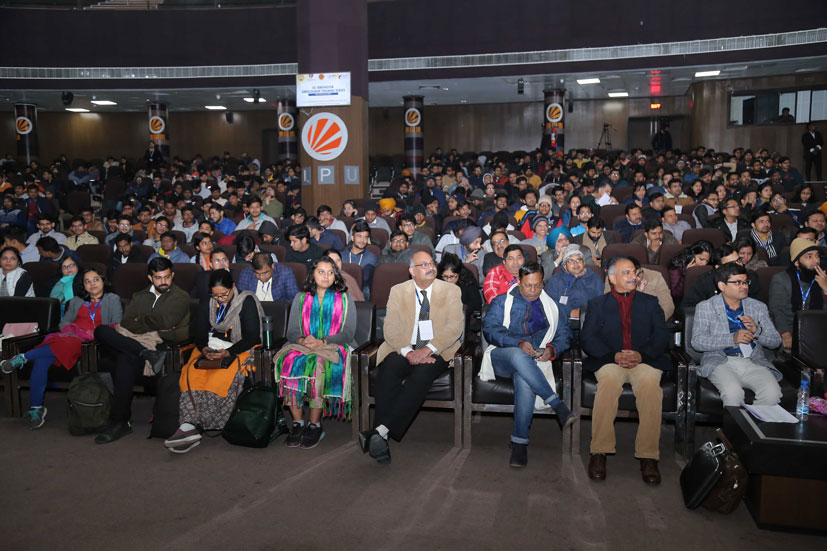
Nearly 4000 students and faculty members from technical and non-technical streams have been enthusiastically participating in the event. After various educative and mentoring sessions, trained persons will act as Ambassadors of MHRD Innovation Cell. They will promote the culture of innovation and entrepreneurship among the students community. Many parallel sessions on various themes namely Design Thinking and Innovations; IPR and Technology Transfer; Entrepreneurship Development Program; Pre Incubation and Incubation Management are also being conducted at different venues of the university as an important part of this detailed training programme.


